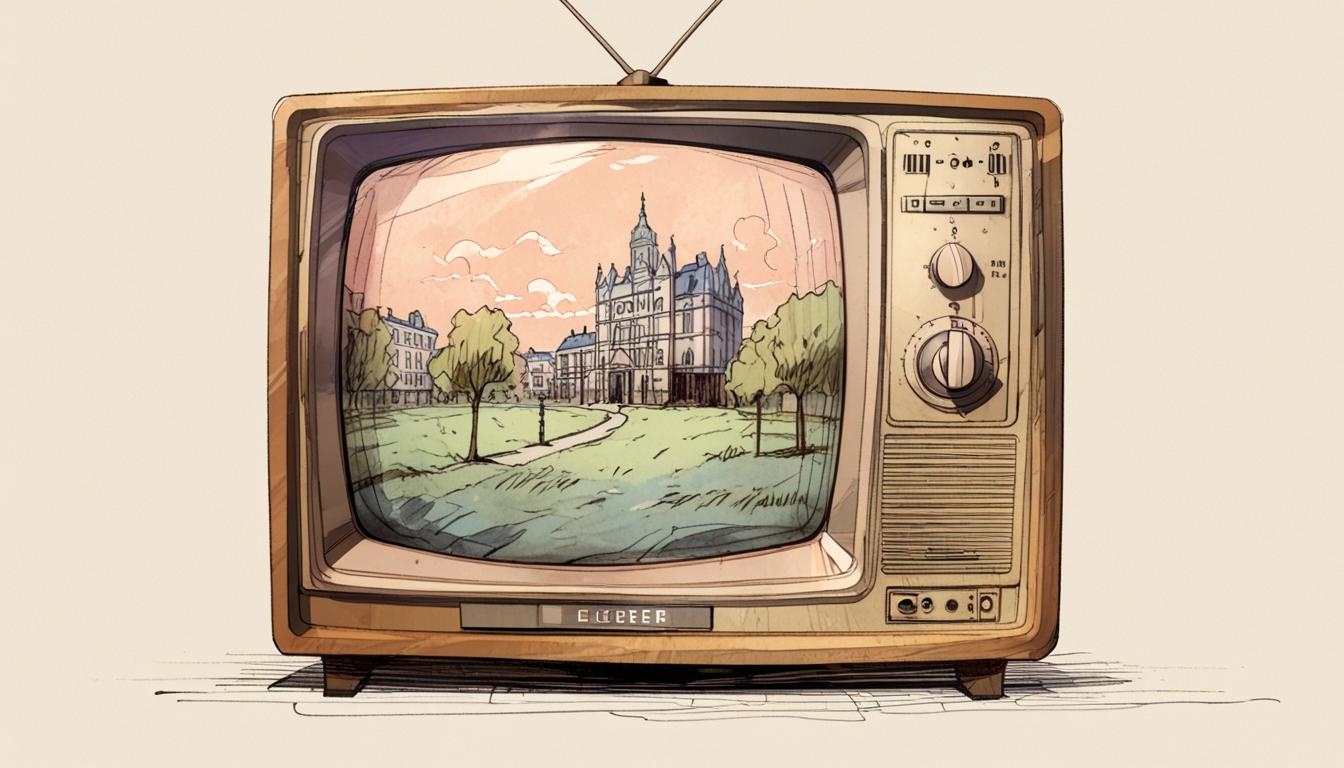The evolution of British social attitudes over the past four decades presents a paradoxical landscape in politics and society, vividly illustrated by the changing cultural narratives within popular media such as the BBC One soap opera EastEnders. Marking its 40th anniversary this year, EastEnders reflects a significant shift in societal norms — from the initial controversy sparked by the first gay kiss on the show in 1987, which was met with widespread backlash and calls for censorship, to today where such portrayals are regarded with everyday normality.
The soap’s journey from a cautious representation of LGBT themes to a diverse cast engaging with a range of social issues mirrors broader changes in British public opinion. Attitudes towards same-sex relationships, abortion rights, environmental concern, and racial inclusivity have all seen substantial liberalisation since the turn of the millennium. For example, support for same-sex relationships doubled between 2000 and 2022, and environmental concern has nearly doubled since 2010. Meanwhile, racial tolerance has improved markedly, with significant declines in the numbers of people objecting to foreigners as neighbours or subscribing to ethnonationalist views of British identity.
Despite this pronounced social liberalism among the public, political currents appear to be moving in a different direction, with right-wing populist parties such as Reform UK garnering significant electoral support—regularly polling around 25%, a figure that exceeds the popularity of hard-Right factions four decades ago. Additionally, movements like Blue Labour have grown more vocal in their endorsement of figures such as Donald Trump and JD Vance, suggesting a rightward political shift that contrasts the public’s social liberalism.
This divergence creates what has been described as the “EastEnders paradox”: a population that embraces liberal social values tends to support right-leaning political entities, particularly with respect to immigration—a signature issue among populist groups. Research from the British Social Attitudes (BSA) survey, regarded as the UK’s benchmark in social research, sheds light on this complexity. Between 2002 and 2024, the perception of immigration as beneficial to the economy rose from 17% to 40%, and views of its cultural enrichment increased from 33% to 43%. Interestingly, public preference for immigration restrictions dropped markedly across both white and non-white ethnicities, reflecting a notable decoupling of race and immigration attitudes. This trend slightly peaked before the cost-of-living crisis but remains significantly more positive than in previous decades.
Polling expert Peter Kellner explained that while voters often hold positive views of immigrants as individuals, a significant portion remain apprehensive about immigration as a policy matter, largely due to concerns over public service pressures and ongoing issues related to irregular migration.
The seeming contradiction—social liberalism rising yet political preferences veering right—has been attributed to “two-speed liberalisation,” a term characterised by Professor Rob Ford in the BSA report. This concept outlines that although the country as a whole adopts more liberal views, the pace varies significantly across generations, social groups, and regions. For instance, Millennials have embraced more positive views toward immigration at a faster rate than older generations, and individuals with university degrees tend to liberalise at a higher rate than those without formal qualifications. Furthermore, political allegiance influences these trends, with Labour supporters adopting more rapid liberalisation than Conservative voters.
Regional differences also play a role, as explained by scholars Maria Sobolewska and Rob Ford in their book Brexitland. The lived experience in metropolitan centres like London contrasts sharply with other parts of the UK, where economic and educational disparities underpin diverging attitudes. Social media’s amplification of these differences further entrenches perceptions, often vilifying opposing viewpoints and deepening cultural divides.
Despite these fissures, the overall political spectrum in Britain remains relatively moderate, signalling that neither extreme dominates public opinion fully. Addressing the gaps created by differing rates of liberalisation requires leadership that can foster public trust and a shared direction. The current political environment, characterised by aggressive rhetoric and simplistic promises to reduce immigration numbers, falls short of resolving these underlying tensions.
To bridge these divides, proposals include establishing clearer rules on freedom of speech and hate speech, fostering more respectful public discourse, and clarifying equality goals and definitions. On immigration—a particularly divisive issue—suggestions centre on combining higher migration in key economic sectors with stronger mechanisms of control, such as implementing ID cards to combat illegal employment, alongside a more humane asylum approach. This dual strategy reflects public priorities favouring control over sheer reduction in numbers and challenges the populist hard-Right’s fixation on lowering immigration.
While these approaches would require concessions across the political and social spectrum, they could pave the way for coherent policies in the national interest. The trajectory of social attitudes, as evidenced by the transformation in EastEnders and broader opinion polls, indicates that the British public largely leans towards social liberalism even within a complex and evolving political context. Engaging with this reality is essential for understanding the contemporary political landscape and the forces shaping it. The UnHerd publication is reporting on these developments and their implications for British society and politics.
Source: Noah Wire Services
